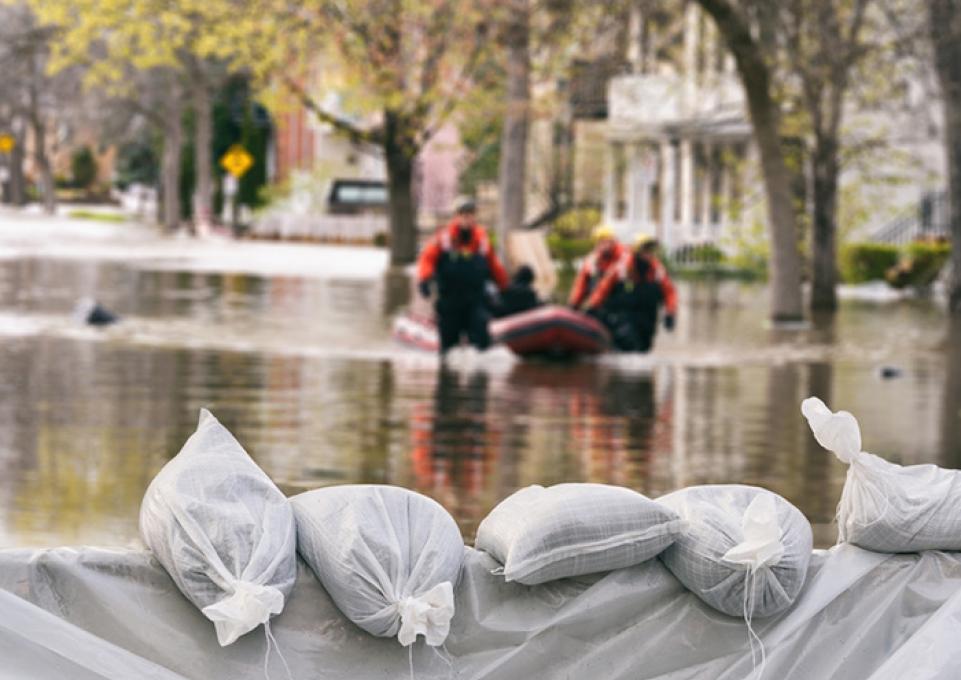
Aside from the occasional blizzard, Buffalo doesn’t experience much in the way of traditional natural disasters like earthquakes, hurricanes, and tornadoes.
However, as climate change continues to progress, Western New York could see more of an impact from mother nature.
“Buffalo is a place that has a history of not dealing with a variety of meteorological problems,” said Jason Rivera, assistant professor of Public Administration and Nonprofit Management in the Political Science Department.“It has a high probability of dealing with the things that go on in other parts of the country in the near future.”
That could be anything from heat waves to water levels in the lakes rising becoming an issue for individuals living on their coast/banks. Flooding induced by changes in the level of lakes has the potential to increase.
“Here, there’s an ever-growing need to look at issues of disaster management, particularly disaster preparation,” Rivera said.
For Rivera, an expert in disaster and emergency management, looking at how municipalities prepare for serious weather events is key in determining how a disaster is handled. For example, certain towns with a plan in place may be cleared of snow during a blizzard before other areas, who didn’t prepare as well, are cleared.
It’s also important to look at how first responders deal with things like a neighborhood flooding, or a building fire, Rivera said.
“The year I moved here, there was a huge fire on Route 5,” he said, referring to the industrial fire at Bethlehem Steel in November 2016. “That had a huge environmental impact. The site is still not cleaned up.”
Town administrators often aren’t trained on how to deal with disasters, Rivera said. One of the things that should be done is a “needs assessment” for municipalities to show which mayors and other local administrators need training on so that steps can be taken to better prepare these individuals to deal with emergencies.
“It’s so they’re not just working on the fly,” he said. “They’re not having a nervous breakdown.”
Rivera has heard stories of public officials shutting down and not responding during emergencies.
“We need to try to better prepare them so they can take the steps they need to take to both be prepared for an emergency situation and know where they can go for resources in the aftermath to recover,” he said. “A lot of places that haven’t dealt with disasters before end up trying to—again on the fly—figure out who they go to for aid. Is it FEMA, the state, the county? There are time thresholds on these things they can miss.”
Despite arguments surrounding climate change at the national level, some aspects are indisputable, Rivera said. Hurricanes, wildfires, blizzards, and tornadoes are increasing every year, and the severity is getting worse.
“No matter where you are, disasters happen,” he said.
